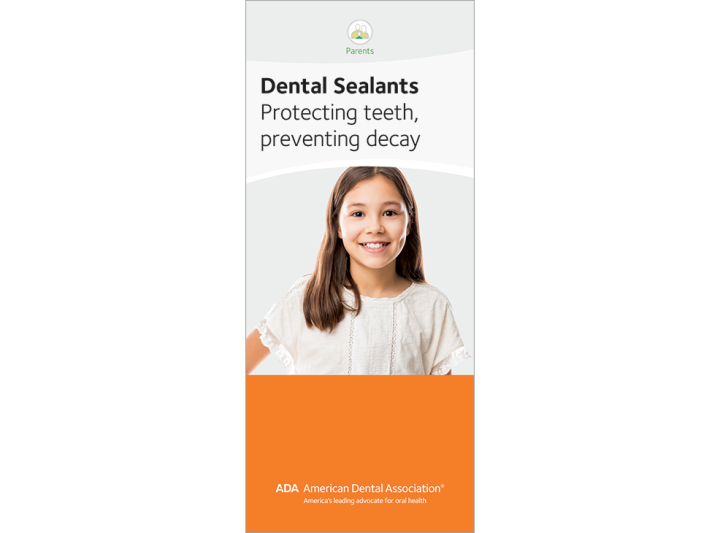How Does Sucralose Affect Teeth? Preventing Decay

Sucralose, a popular artificial sweetener commonly known by the brand name Splenda, has been a topic of interest in the dental community due to its widespread use in foods and beverages. As a sugar substitute, sucralose is approximately 600 times sweeter than sugar, making it an attractive option for those seeking to reduce their sugar intake. However, the question remains: how does sucralose affect teeth, and can it help prevent decay?
To understand the impact of sucralose on teeth, it’s essential to examine its composition and how it interacts with oral bacteria. Sucralose is a chlorinated sucrose derivative, meaning it’s derived from sugar but has chlorine atoms substituted for three of its hydroxyl groups. This alteration makes sucralose non-digestible by the body, which is why it doesn’t raise blood sugar levels. However, this same property also affects how sucralose interacts with oral microbiota.
Interaction with Oral Bacteria
Oral bacteria play a crucial role in the development of dental decay. When sugars are consumed, these bacteria feed on them, producing acid as a byproduct. This acid can then damage tooth enamel, leading to cavities. The primary bacteria responsible for this process are Streptococcus mutans. Research has shown that sucralose does not serve as a substrate for these bacteria, meaning they cannot feed on it to produce acid. This characteristic suggests that sucralose could potentially reduce the risk of dental decay compared to sucrose (sugar).
However, some studies have indicated that while sucralose itself may not contribute to acid production, its use in certain products, especially when combined with other ingredients, might affect oral health indirectly. For instance, if a sucralose-sweetened product contains other fermentable carbohydrates, these could still be metabolized by oral bacteria, potentially leading to acid production and an increased risk of decay.
Clinical Evidence and Studies
Several clinical trials and studies have investigated the effects of sucralose on oral health. A key finding from these studies is that sucralose does not promote dental caries (tooth decay) in the same way sugar does. In fact, the use of sucralose and other sugar substitutes has been recommended by some dental associations as part of a comprehensive oral health strategy for patients at high risk of caries.
One notable study published in the “European Journal of Clinical Nutrition” found no significant difference in the incidence of dental caries among participants who consumed sucralose-sweetened beverages compared to those who consumed water. This suggests that, at the very least, sucralose is not harmful to teeth and may offer a preferable alternative to sugar for those concerned about dental health.
Preventing Decay: Beyond Sucralose
While sucralose may offer some benefits in terms of not contributing to dental decay, it is crucial to remember that preventing decay involves a multifaceted approach. Regular brushing with fluoride toothpaste, flossing, and dental check-ups are essential components of a comprehensive oral health plan. Additionally, a diet low in sugars and acids, along with the avoidance of snacking between meals, can help reduce the risk of dental caries.
The use of fluoride mouthwashes and varnishes, as recommended by dental professionals, can also provide significant protection against decay. Fluoride works by making teeth more resistant to acid attacks from plaque bacteria and sugars in the mouth. It also reverses early decay, helping to prevent the development of cavities.
Conclusion
In conclusion, sucralose appears to have a neutral to positive effect on teeth, particularly when compared to sugar. Its inability to be metabolized by oral bacteria reduces the acid production that leads to dental decay. However, it’s essential to consider sucralose as part of a broader oral health strategy that includes good hygiene practices, regular dental care, and a balanced diet. By understanding how sucralose affects teeth and incorporating it into a comprehensive approach to oral health, individuals can make more informed choices about their diet and dental care routine.
Is sucralose completely safe for teeth?
+Current research suggests that sucralose does not contribute to tooth decay, as it is not metabolized by the bacteria in the mouth that produce acid. However, the overall safety and impact of sucralose on teeth can depend on various factors, including the products it's used in and individual oral health practices.
Can sucralose replace regular sugar in all dietary contexts for dental health?
+While sucralose offers advantages over sugar in terms of dental health, it's not a straightforward replacement in all contexts. For example, some products may contain other ingredients that could affect oral health. Furthermore, a balanced diet that limits all types of sugars and focuses on nutrient-dense foods is essential for optimal dental and overall health.
How does sucralose affect dental health in children?
+Research on the effects of sucralose in children is ongoing. Given that children's teeth and oral health practices are developing, it's essential for parents and caregivers to monitor sugar intake closely, whether from natural sources or additives like sucralose. Promoting good oral hygiene habits from an early age is crucial for long-term dental health.
In the context of dental health, understanding the effects of sucralose and other sugar substitutes is vital. By combining this knowledge with good oral hygiene practices and a balanced diet, individuals can take proactive steps to prevent dental decay and maintain a healthy, resilient smile. As with any aspect of health, staying informed and adapting to the latest research findings is key to making the best choices for one’s well-being.
